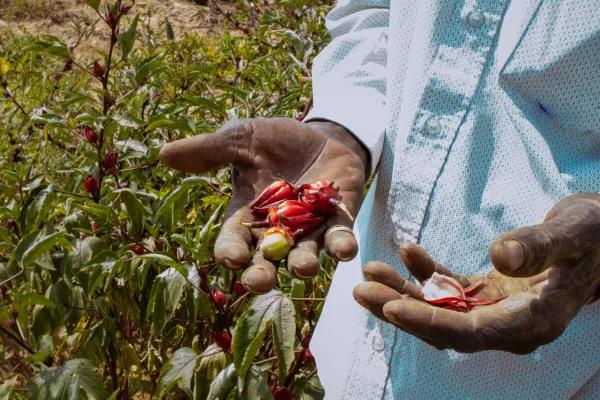The HLPF Concludes with a Recommitment to Inclusive and Sustainable Development

17 July 2025 – United Nations Headquarters, New York: As the international community approaches the final five years of the 2030 Agenda, the 2025 High-Level Political Forum (HLPF) Draft Ministerial Declaration (document E/HLPF/2025/L.1) provides renewed urgency and direction by Ministers and high representatives. With rising inequality, poverty, digital divides, and climate impacts threatening the achievement of sustainable development goals, the Declaration calls for bold, inclusive, and transformative action, reaffirming the core vision of the 2030 Agenda: to leave no one behind.
The following themes from the Declaration highlight how its commitments reinforce the objectives of the Second World Summit for Social Development, particularly in the areas of poverty eradication, social inclusion, and decent work for all.
Recognizing Today’s Challenges Through a Social Inclusion Lens
The Ministerial Declaration emphasizes the urgency and interconnectedness of global challenges including inequality, including gender inequality, persistent poverty, hunger, unemployment, and economic uncertainty — all of which have amplified in the wake of the COVID-19 pandemic and ongoing disruptions to global supply chains. These intersecting crises disproportionately affect the poorest and the most vulnerable, particularly those in developing countries. In response, the Declaration calls for coordinated and inclusive action to support those furthest behind, particularly by addressing structural and systemic barriers to sustainable development.
Closing the Digital Divide
The Declaration calls for urgent action to bridge digital and technological disparities through a responsible and human-centric approach. This included connecting the remaining 2.6 billion people to the Internet and improving the quality and affordability of access.
It also emphasizes the need to expand participation in the digital economy, especially for developing countries, by improving infrastructure, digital literacy, and access to innovation. Governments commit to strengthening research institutions, STI capacity, and data systems to ensure developing countries can benefit from science and technology.
Inclusive Growth and Decent Work
The Declaration underscores the importance of SDG 8: Decent Work and Inclusive Economic Growth, calling for investment in labor-intensive and high-value-added sectors, as well as the transition to formal employment. Youth, persons with disabilities, and women in the informal economy are highlighted as priority groups.
Gender equality is recognized as essential to sustainable development, with governments reaffirming commitments to expand women’s participation in public life, strengthen access to decent work, support entrepreneurship, and address the feminization of poverty.
The Declaration also calls for stronger social protection systems, the promotion of equal pay for work of equal value and expanded efforts in reskilling and upskilling. Notably, it recognizes the social and solidarity economy — including cooperatives — as a powerful driver of local and inclusive development.
The Ministerial Declaration explicitly welcomes the convening of the Second World Social Summit, recognizing its potential to catalyze progress on long-standing social development goals. As preparations for the Summit accelerate, the commitments articulated in the Declaration — from inclusive digital transformation to social protection and decent work — will be central to shaping future policy outcomes. The HLPF 2025 outcome sends a clear signal: inclusive, sustainable development remains an urgent priority, and the time to act is now.
Download the full Ministerial Declaration here.
 Welcome to the United Nations
Welcome to the United Nations


